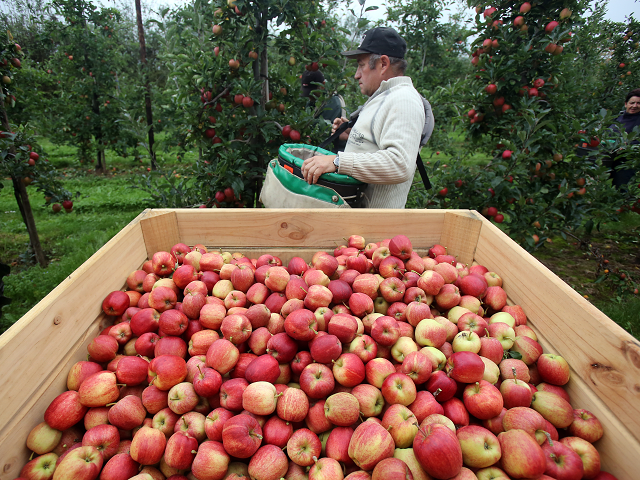The flow of low-skilled migrants from Eastern Europe into Britain is set to continue for years to come, the Brexit minister has indicated, as the Government has no plans to limit immigration immediately following Britain’s departure from the European Union (EU).
Taking control of immigration was a central plank in the case for leaving the EU during the referendum, but David Davis, the Minister for Exiting the EU, has told reporters that setting limits on low-skilled immigration will be a “gradual process”, Bloomberg has reported.
Speaking in the Estonian capital Tallinn, he said: “That will take some time; yesterday I said it will take years.
“Don’t expect just because we’re changing who makes the decision on the policy, the door will suddenly shut: it won’t.”
Davis suggested that inward migration would still be needed because British people will be unwilling to take up low-skilled jobs instead of their foreign counterparts.
“In the hospitality sector, hotels and restaurants, in the social care sector, working in agriculture, it will take time – it will be years and years before we get British citizens to do those jobs,” he said.
Asserting that migrants play a key part in driving the British economy, he added: “We’re a successful economy, largely or partly at least because we have clever people, talented people come to Britain. Even on the wider area, where we’ve got less well-paid people who have come to live and work in Britain, that will take time.”
His comments throw into doubt the Government’s stated commitment to reducing net annual migration to under 100,000, down from a current record rate of at least 335,000.
They also come just days after Migration Watch UK released a report showing that continuing large-scale low-skilled migration would not be necessary following Brexit.
“In the past ten years, very many migrants from Eastern Europe in low-skilled work seem to have stayed on so there is no sign that continued large inflows are needed to maintain the present number available for work,” said Alp Mehmet, Vice-Chairman for Migration Watch.
“Cutting out this aspect of migration in future should reduce net migration by about 100,000 a year. This would be a major step forward in the government’s efforts to reduce immigration.”

COMMENTS
Please let us know if you're having issues with commenting.